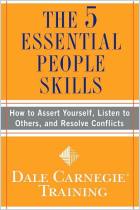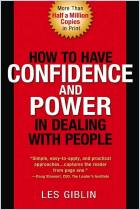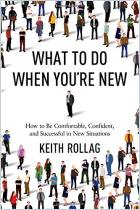Though most people develop social skills as children, not everyone manages to hone those abilities during their formative years. If you’re a shy, awkward adult, you may feel you’ve missed your chance to become socially adept. Yet you can learn social skills at any age. Freelance writer Eric Ravenscraft outlines the basic building blocks of emotional intelligence, which help you navigate the complexities of confrontation, group dynamics, friendships, and more. His basic introduction to social skill development offers sound pointers for those who find interacting with others excruciating.
Social skills aren’t innate. While most people learn them as children, adults can master the skills.
Social skills such as conflict management, friend acquisition and group navigation are abilities that most people absorb during childhood. However, many children are deprived of this aspect of social development. Those who, in their formative years, suffered from anxiety, grew up in relative isolation or lacked strong role models may not have developed good interpersonal skills. Happily, you can strengthen your social skills, even as an adult.
The first step to improving your social skills is to exercise your emotional intelligence.
Many adults dread social interactions. But if you can strengthen your emotional intelligence (EI) muscles – that is, your ability to recognize emotional states in yourself and in others – those insights will inform your behavior and alleviate the agony of fraternizing with others. Psychologist Daniel Goleman breaks down EI into five categories:
- Self-awareness – The ability to recognize your emotional state at a given moment.






















Comment on this summary or 开始讨论